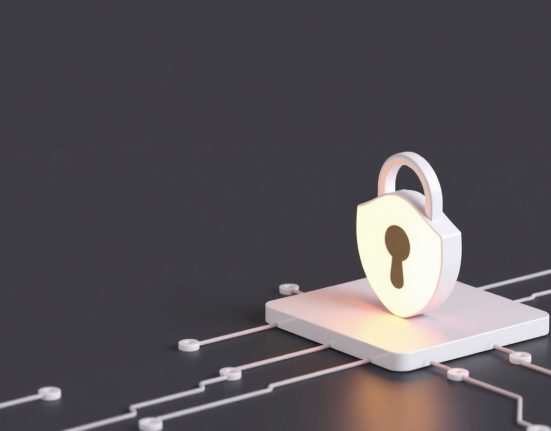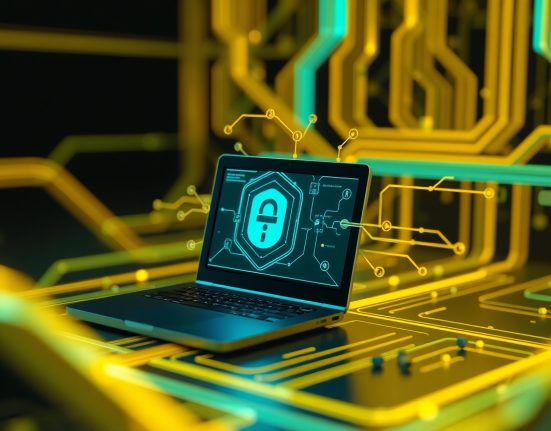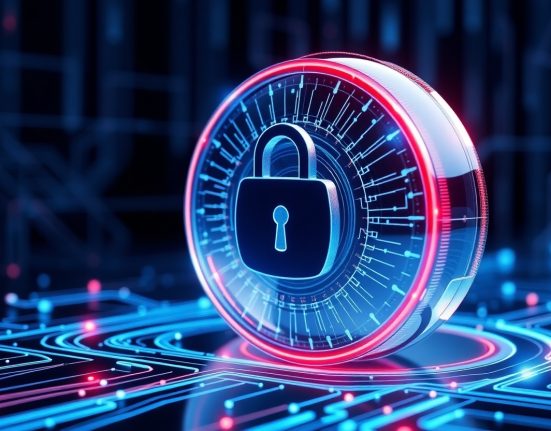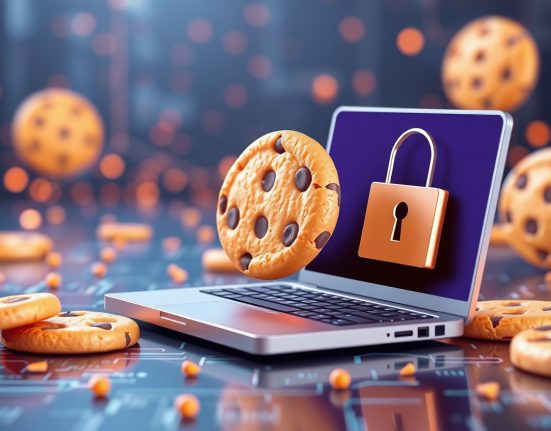The digital world has made our lives faster, more convenient, and more connected than ever before. But along with all those advantages comes a growing sense of insecurity. Every few weeks it seems like there’s news of another data breach at a major company—credit card numbers, passwords, ID numbers, even private conversations—everything can end up exposed and sold on dark web marketplaces without us even knowing. And it’s not just big corporations being targeted—individuals are just as vulnerable. In an age where we share almost everything, the question becomes: how do we protect our personal information?
As someone who’s been interested in tech and cybersecurity for years, I find this topic endlessly fascinating. The complexity, the constant back-and-forth between hackers and defenders—it feels almost cinematic. But unlike in the movies, there’s no hero swooping in to save us. The responsibility of protecting our data starts with us—in the small decisions we make every day.
First, it’s crucial to understand where our information actually lives. It’s not just about the photos on your phone or your Facebook login. It’s in the apps we install without thinking, the websites we sign up for with our personal email, and even the news sites that ask us to log in. Every one of these services might be holding sensitive data—and if they’re breached, we’re exposed too.
Just as important as knowing where our data is stored is knowing how we protect it. That doesn’t mean living in constant fear, but it does mean staying aware. Use strong, unique passwords (seriously, don’t reuse them), turn on two-factor authentication, avoid clicking suspicious emails, and—perhaps most importantly—keep your apps and software updated. A lot of breaches happen simply because someone didn’t patch a known vulnerability.
Beyond the basics, there are tools that can add an extra layer of security—browsers with built-in protection, reliable VPN services, password managers that generate secure logins. Sure, they might slow you down by a few seconds here and there, but in the long run, they’re worth it. Better to invest a moment now than to spend months dealing with stolen identity later.
And maybe above all—develop a skeptical mindset. Every time a new app or website asks for access to something, ask yourself: “Why do they need this?” Don’t just click “Next” blindly. Don’t assume you’re immune. None of us are. In fact, the more relaxed we are, the easier it is for someone to take advantage.
The world isn’t going backward. Privacy may be harder to hold onto these days, but it’s still in our hands. If you stay aware, take precautions, and take control—you’ve already got a much better shot at staying safe.














